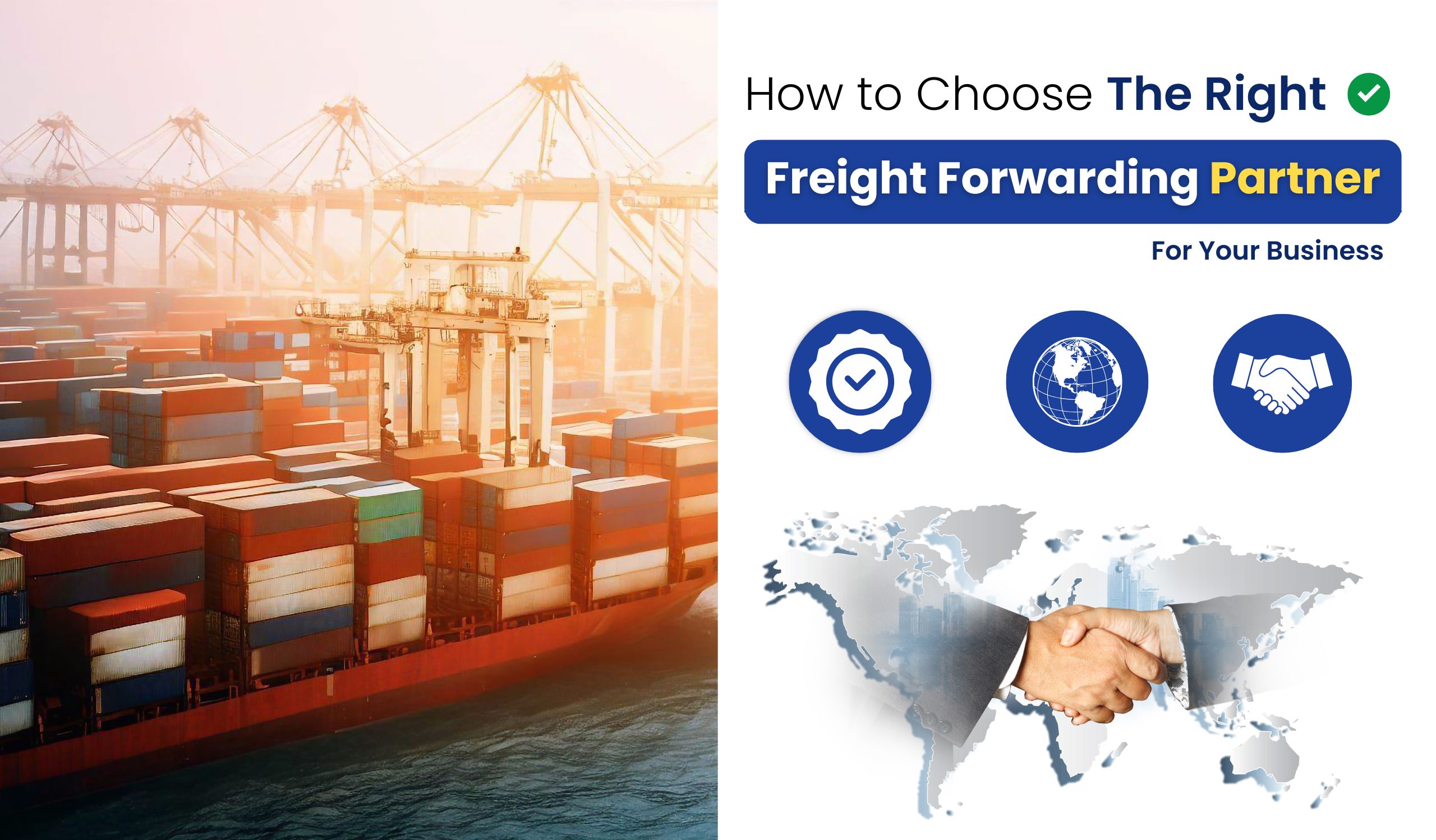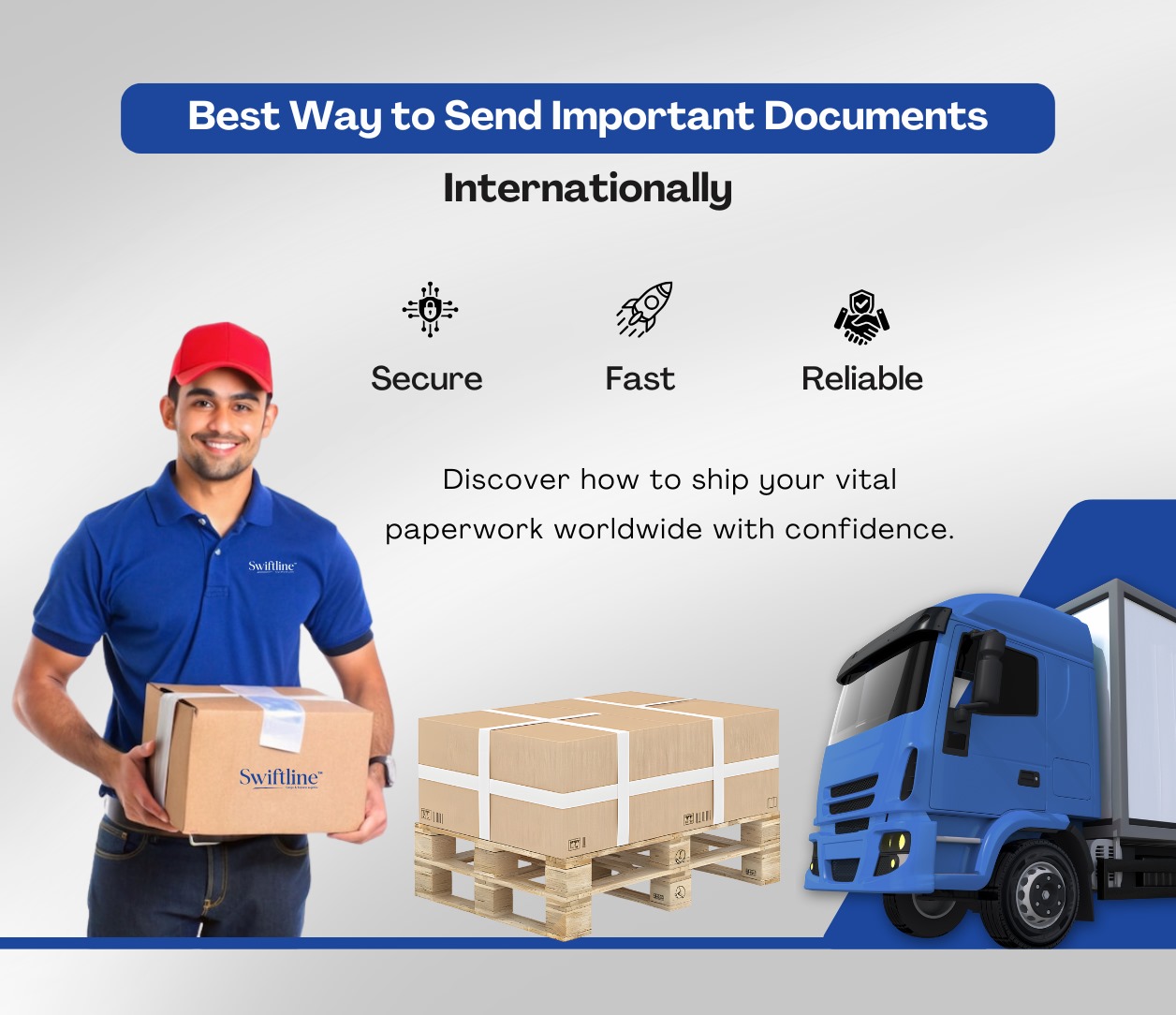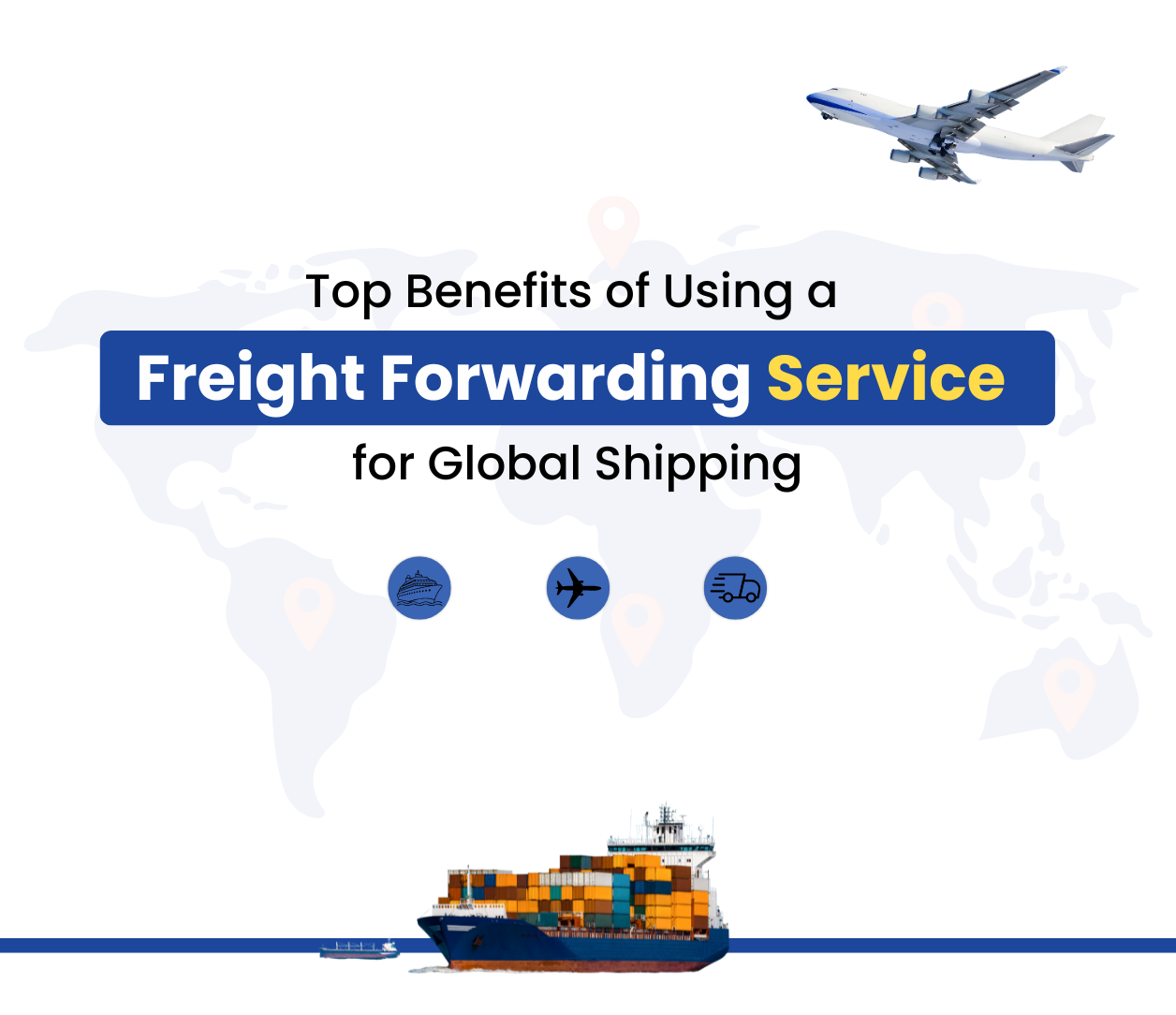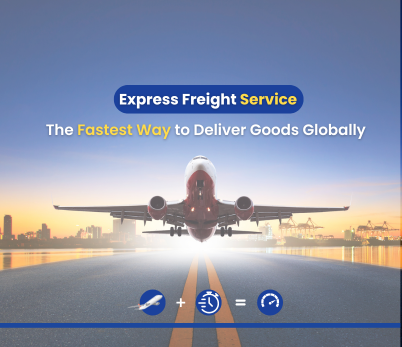19, Sep 2025
In today’s interconnected world, businesses of all sizes rely on international trade to stay competitive. But global shipping is not just about moving products from Point A to Point B; it requires expertise in customs, compliance, documentation, and carrier coordination. Choosing the right freight forwarding service can make or break your supply chain efficiency.
The wrong choice can lead to delays, hidden costs, and unhappy customers, while the right partner ensures smooth, cost-effective, and reliable operations. Here’s a detailed guide on how to choose the best freight forwarding partner for your business.
1. Evaluate Industry Experience
Experience matters when it comes to freight forwarding. A seasoned freight forwarding service will have handled a variety of goods, routes, and challenges. They understand industry-specific regulations, whether you are shipping perishable goods, hazardous materials, or oversized cargo.
What to check:
Years of operation
Specialisation in your industry
Case studies or client testimonials
2. Assess Global Network and Reach
International trade requires strong connections. The right freight forwarding service should have a vast global network of carriers, agents, and partners. A forwarder with strong regional connections can navigate local regulations and secure faster customs clearance.
Why it matters:
Wider reach = more shipping options
Faster solutions for cross-border challenges
Flexibility in choosing routes and carriers
3. Check Digital Capabilities and Tracking Tools
Today’s businesses demand real-time visibility of shipments. Modern freight forwarding services offer digital platforms that allow clients to track shipments, monitor transit times, and receive alerts.
Look for services that provide:
Online booking and documentation
Real-time shipment tracking
Automated updates and notifications
Digital transparency not only improves trust but also helps you manage your supply chain efficiently.
4. Evaluate Pricing and Transparency
Freight costs can fluctuate due to fuel prices, port charges, or customs duties. A reliable freight forwarding service should provide clear, upfront pricing without hidden fees.
Checklist for pricing:
Request detailed quotations
Compare multiple service providers
Watch out for hidden surcharges.
Transparency builds long-term trust and helps avoid unpleasant surprises.
5. Examine Customer Service and Communication
Smooth communication is vital in international shipping. You need a freight forwarding partner that provides quick responses, proactive updates, and 24/7 customer support.
Key indicators of good customer service:
Dedicated account manager
Clear communication channels (phone, email, chat)
Prompt handling of issues or delays
6. Understand Compliance and Customs Expertise
Every country has its own import/export laws. A reliable freight forwarding service must ensure compliance to prevent costly delays. Their expertise in customs documentation, duties, and trade regulations is critical.
Why compliance matters:
Avoids penalties and shipment seizures
Ensures timely delivery
Reduces risks of non-compliance fines
7. Look for Value-Added Services
Some freight forwarders go beyond standard shipping. Value-added services can give your business a competitive edge.
Examples include:
Warehousing and distribution
Cargo insurance
Packaging and labelling
Multimodal transport options
These services save time and provide end-to-end solutions for businesses.
8. Watch Out for Red Flags
Not all freight forwarders deliver on their promises. Watch out for these warning signs:
Unclear pricing or hidden fees
Poor reviews or lack of references
Delays in communication
Limited global presence
Choosing the wrong freight forwarding service can hurt your reputation and bottom line.
Conclusion
A reliable freight forwarding service is more than just a logistics provider—it’s a partner in your business growth. By considering factors such as experience, global reach, digital tools, transparency, and customer service, you can ensure smooth, cost-effective, and compliant international shipping.
The right partner saves time, reduces costs, and gives your business the confidence to expand globally.
FAQs
Q1. How do I choose the best freight forwarding service for my business?
Look for experience, strong global networks, transparent pricing, digital tracking, and excellent customer support.
Q2. What are the risks of choosing the wrong freight forwarding partner?
Risks include shipment delays, hidden costs, customs issues, and poor communication.
Q3. Should small businesses use a freight forwarding service?
Yes. Small businesses benefit from cost savings, expert customs clearance, and reliable delivery offered by professional forwarders.
Q4. Can freight forwarding services handle both imports and exports?
Absolutely. A good freight forwarding service manages both, ensuring compliance with international regulations in all directions.
Q5. Do I need insurance with a freight forwarding service?
Yes. Insurance protects your goods against damage, theft, or loss during transit. Many forwarders offer tailored insurance packages.









